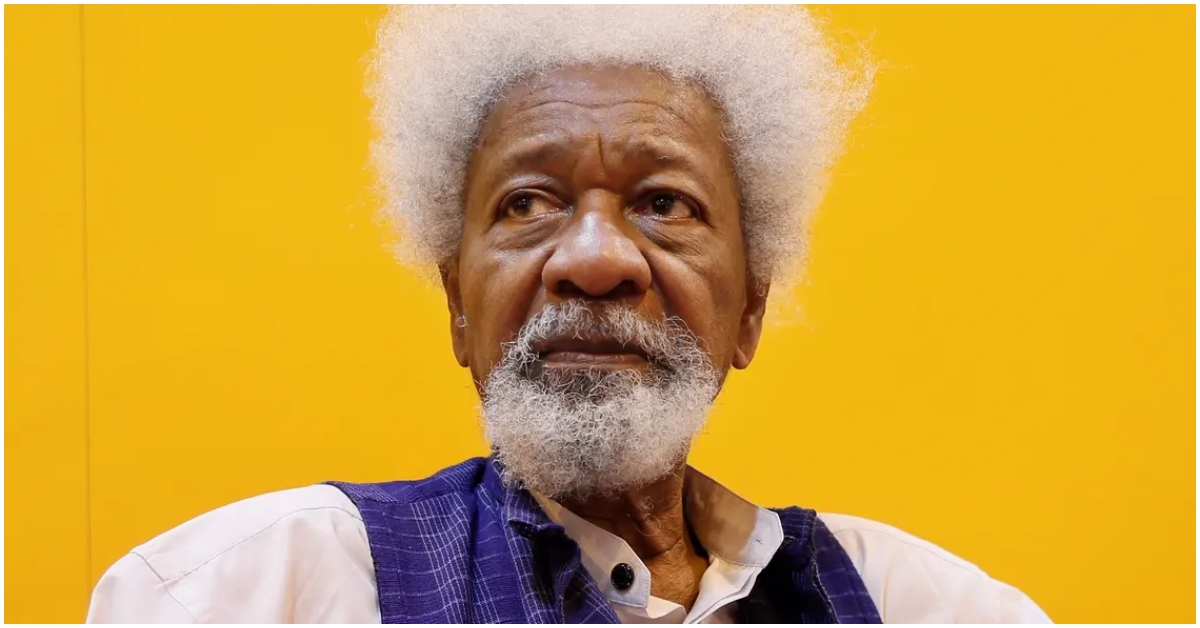Soyinka Wins Nobel Prize, First Black African Laureate
In 1986, acclaimed Nigerian playwright and novelist Wole Soyinka was awarded the Nobel Prize in Literature. With this honor, Soyinka, then in his early 50s, became the first Black African writer to ever receive the prestigious award.
The Swedish Academy specifically cited Soyinka’s “vivid, often harrowing” literary works, praising his “evocative, poetically intensified diction.”
The committee highlighted Soyinka’s prominence as “one of the finest poetical playwrights” writing in English.
Soyinka’s Work Draws From African and Western Traditions
Soyinka’s upbringing among the myths and rituals of the Yoruba people provided a foundation for much of his writing. As the Academy noted, his essays explore the interplay between African and Western cultures in literary tradition.
Many of Soyinka’s most revered plays, including A Dance of the Forests and Death and the King’s Horseman, reinvent indigenous drama by fusing Nigerian folklore with Elizabethan forms.
Throughout his career, Soyinka returned to Yoruba spiritual figures like the god Ogun, at once creator and destroyer, as multifaceted symbols in his work.
Imprisonment During Civil War Inspires Critically Acclaimed Writing
Some of Soyinka’s most admired writings emerged from a traumatic period in 1967-1969 when he was imprisoned for his opposition to Nigeria’s civil war.
While held in solitary confinement, he composed the poems published in A Shuttle in the Crypt, as well as the memoir The Man Died: Prison Notes. Both books, exploring themes of human endurance, were hailed as literary triumphs.
Upon receiving the Nobel Prize in 1986, Soyinka dedicated his honor to imprisoned South African revolutionary Nelson Mandela, using the global platform to advocate for freedom and human rights across Africa.
Now 89 years old, Wole Soyinka stands as Nigeria’s first Nobel laureate, and remains an outspoken political activist in his homeland and abroad.





